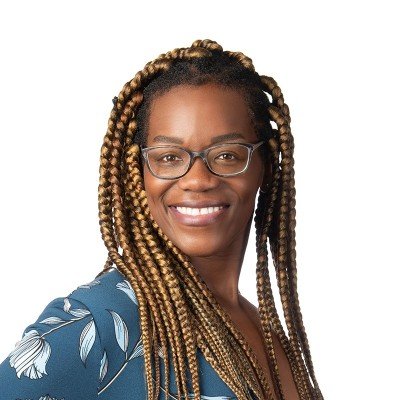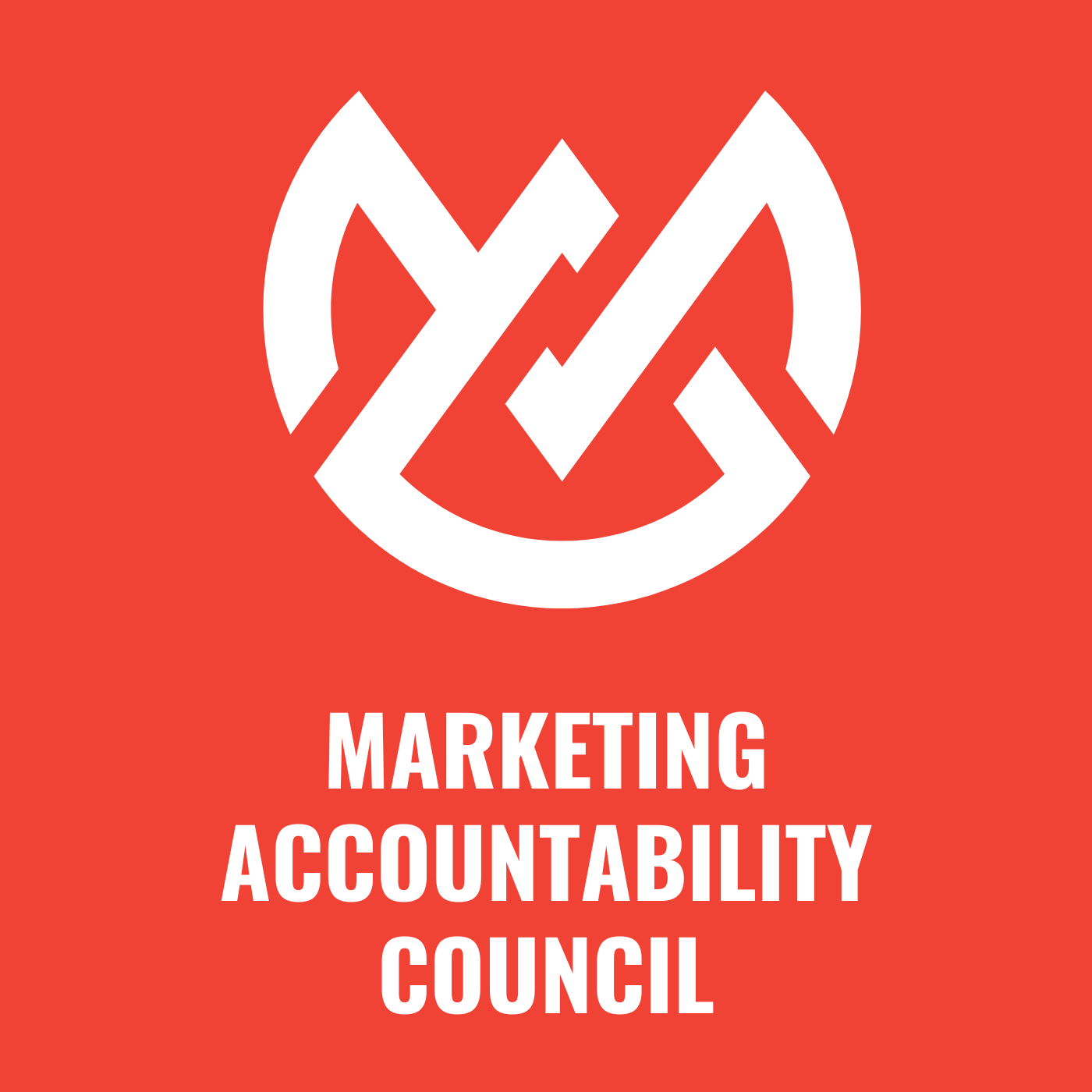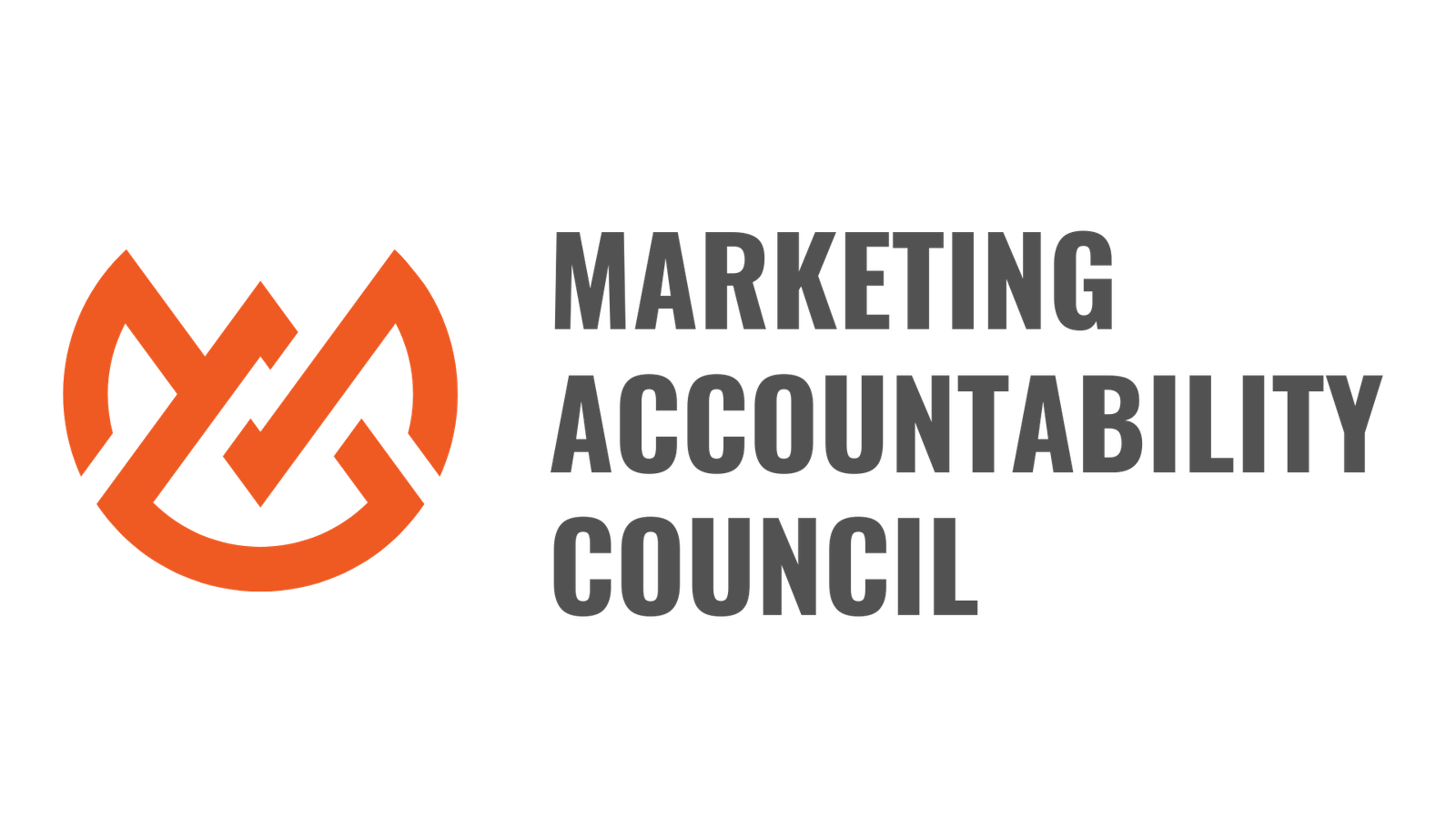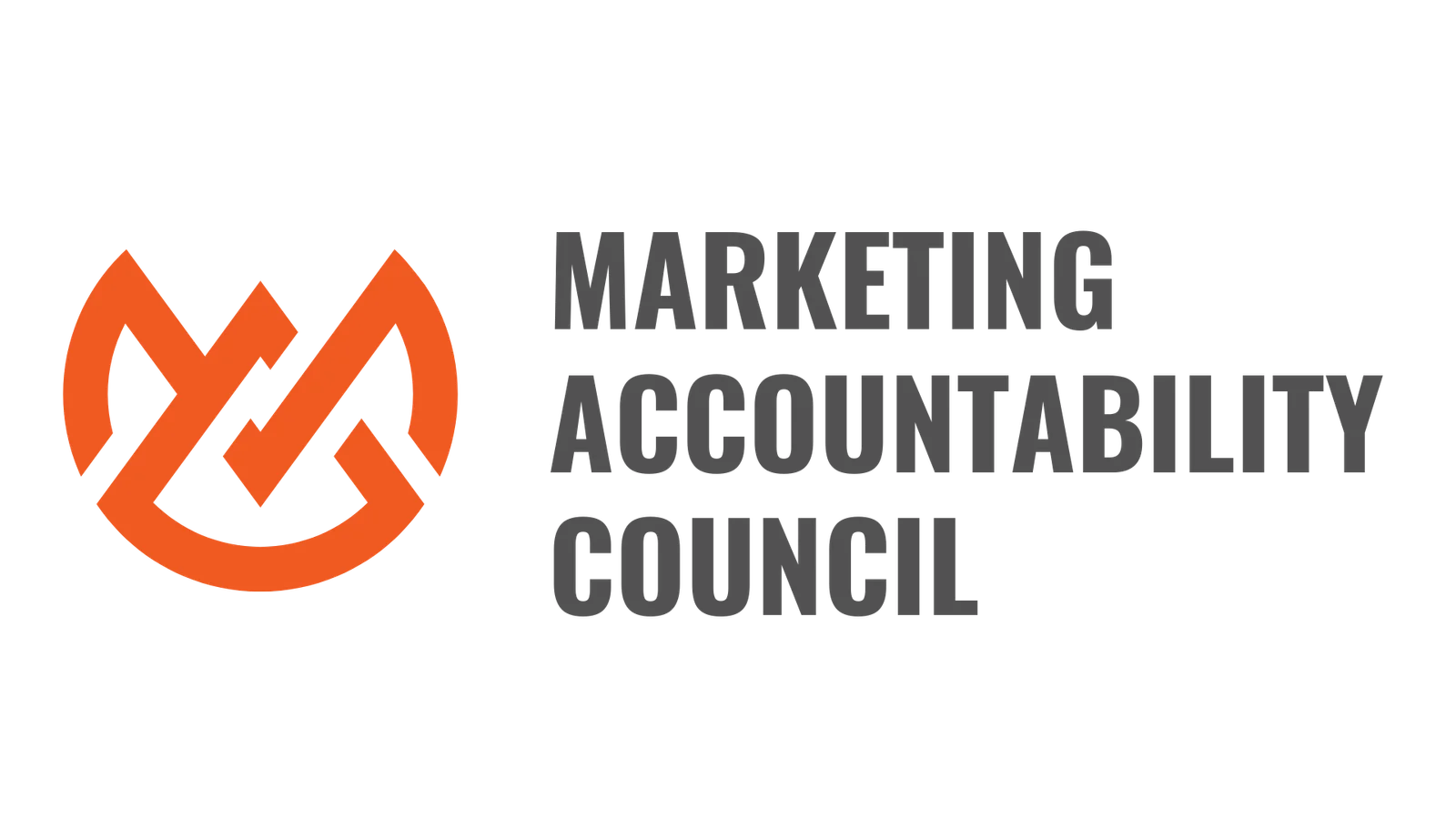The Marketing Accountability Council is a Collective of Voices Holding the Marketing Industry to a Higher Standard
In a marketing world bloated with performance theater, fake metrics, and AI-powered manipulation, MAC is the platform calling bulls**t and building better.
We don’t chase trends; we’re the counter-trend. We don’t pitch hype; we expose it.
That’s why editors, producers, and reporters come to us when:
- A campaign faceplants in public.
- An AI rollout crosses an ethical line.
- A brand collapses under consumer backlash.
You don’t call MAC for soft takes.
You call MAC when the story needs teeth, context, and cultural heat.
What We’re Doing (And Why It Matters)
MAC is building a living record of modern marketing—warts, wreckage, etc. Not curated case studies. Not brand puff pieces. Actual documentation of what works, what fails, and what needs to be burned to the ground.
We back it up with real frameworks that help marketers:
- Diagnose delusion. Spot BS before your budget’s gone.
- Evaluate data, content, and AI using standards—not vibes.
- Bury dead strategies. No more playbooks that never worked.
- Document what works—with clarity, not clickbait.
We use tools like the MAC Marketing Reality Check to keep it real, not theoretical.
What We’re Not
MAC is not a TED Talk.
Not a “thought leadership” echo chamber.
Not another Slack group promising “community” while selling you a course.
This is a toolkit, a reality check, and a shared record for people trying to make marketing smarter, not just louder.
If you’re tired of pretending the emperor’s new funnel is working welcome in.
We don’t give background noise. We give headline-ready soundbites like:
Quotes That Cut Through Spin

“The algorithm didn’t kill your campaign. Your assumptions did.”
Jacob Sanders
Writer. Critic. Architect of Catch & Release Marketing and The Delusion Series. Known for lines that stick in inboxes—and heads—for weeks.

“Brand safety isn’t safety. It’s often just silence.”
Jay Mandel
Former Mastercard strategist turned brand integrity watchdog. Built The Graveyard to bury the worst habits in marketing. Author of SYMPTOMS.

“Good marketing earns trust. Bad marketing buys attention it can’t keep.”
Moni Oloyede
Ops mastermind. Built The Heuristics Project, a practical guide to marketing clarity. Known for turning spaghetti-funnel chaos into clean logic.
THE MAC STACK: Our Editorial Engine
Underneath MAC’s sharp tone and cultural heat is a well-oiled machine built to expose, explain, and replace broken marketing systems. We call it The MAC Stack—a four-part editorial model that functions like a full-body scan for the industry.
This is how we break the story before it breaks the brand:
1. SYMPTOMS – The Graveyard (Jay Mandel)
We name what’s dead. Not trends—tactics. SYMPTOMS catalogs the manipulative, outdated, or just plain useless strategies still being sold as “best practices.” Think ad fraud, funnel fatigue, performative DEI, fake attribution models.
→ Why it matters to press: This is where stories start—MAC flags patterns before the fallout hits.
2. CAUSES – The Delusion Series (Jacob Sanders)
We expose the flawed beliefs that keep marketers chasing ghosts. From “brand purpose” fakery to KPI theater, CAUSES cuts deep into the psychology of modern marketing dysfunction.
→ For features: It’s not about what failed. It’s about why we thought it would work in the first place.
3. TESTS – The Heuristics Project (Moni Oloyede)
We bring accountability to strategy. TESTS is a toolkit for evaluating whether a message is clear, repeatable, and worth running. Less vibes. More logic. Built for CMOs and educators sick of slide decks with no substance.
→ Perfect for B2B or measurement stories: How to rebuild trust with clear-eyed frameworks.
4. TREATMENT – The TRUST Framework (In Dev)
This is our ethical operating system for marketing—rooted in Brenkert’s six principles and built to be used. It’s not about canceling bad marketing. It’s about replacing it with something durable, human, and smart.
→ For investigative or ethics pieces: The future of brand integrity starts here.
Bonus: THE COMPASS
Before any piece goes live, it runs through The Compass. No vibes, no “what feels right.” Just one final question: Does this hold up when the lights are on and the CFO walks in?
Why the MAC Stack works for Journalists?
Because every layer speaks to a different kind of story:
SYMPTOMS →
Breaking news, trend analysis
CAUSES →
Think pieces, op-eds
TESTS →
Business strategy or data integrity angles
TREATMENT →
Ethics, regulation, policy stories
COMPASS →
Insider accountability no one else talks about
Media-Ready Commentary Topics:
Why it’s newsworthy: The “funnel” is still gospel in agencies and boardrooms, but customers don’t buy in straight lines. MAC tears down the framework and shows what’s actually happening.
Why it’s newsworthy: Advertisers keep spending billions on impressions that don’t lead to action. This isn’t ignorance—it’s willful theater.
Why it’s newsworthy: AI gets more coaching, more empathy, and more investment than actual people. It’s not just ironic—it’s shaping how marketing teams function.
Why it’s newsworthy: CAC is rising, tracking is dying, and the attribution models are smoke and mirrors. Time to face the collapse.
Why it’s newsworthy: “Brand safety” sounds neutral, but in practice, it means suppressing content that challenges power—even when it’s true.
Why it’s newsworthy: Brands are using psychology to justify smaller portions, higher prices, and toxic loyalty schemes. MAC pulls the curtain back.
Why it’s newsworthy: Everyone’s chasing content like it’s 2016, but user behavior has already reset the rules. Marketing didn’t notice.
Why it’s newsworthy: There’s a flood of data, but very little thinking. MAC’s Heuristics Project helps teams actually test whether their message is worth sending.
Why it’s newsworthy: Instead of trapping users in endless loops, MAC offers a strategy built on autonomy, value, and trust.
For interviews, guest essays, expert commentary, or podcast bookings:
📩 jay@yourbrand.coach
Available for:
Broadcast interviews
Expert quotes in breaking stories
Live or virtual panels
Longform features
Conference workshops
Keynotes

Last modified: May 19, 2025

